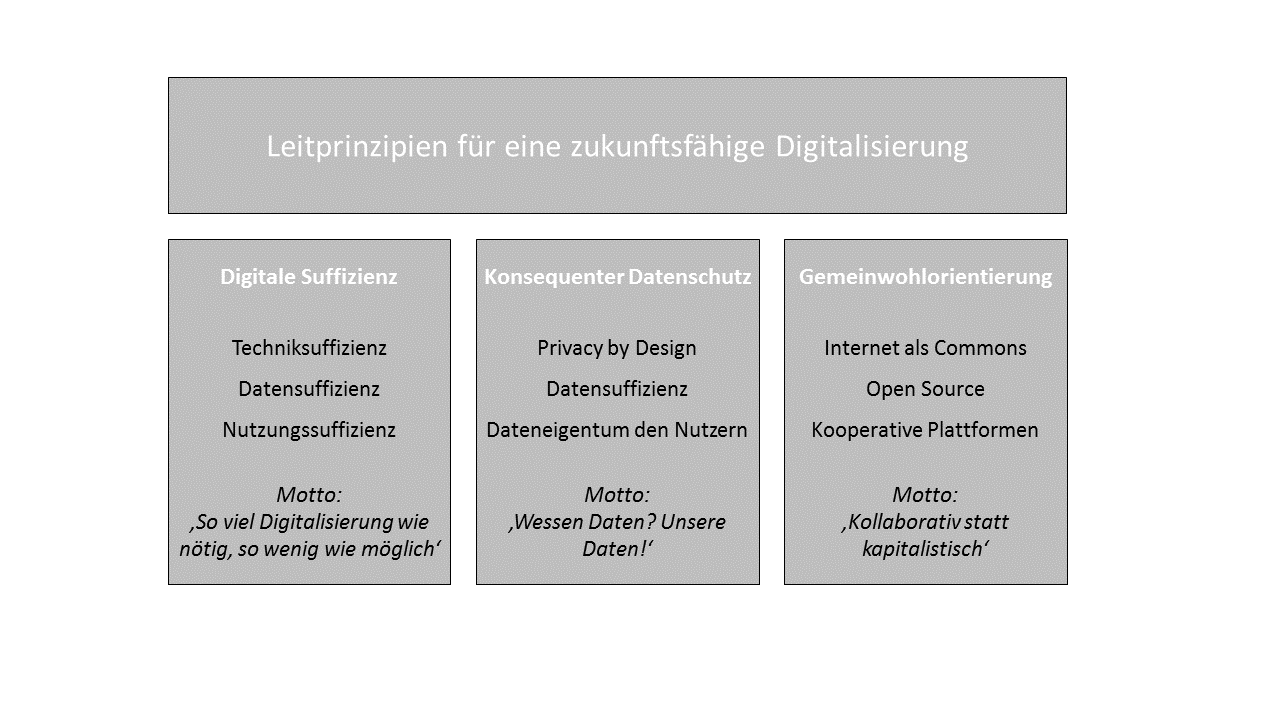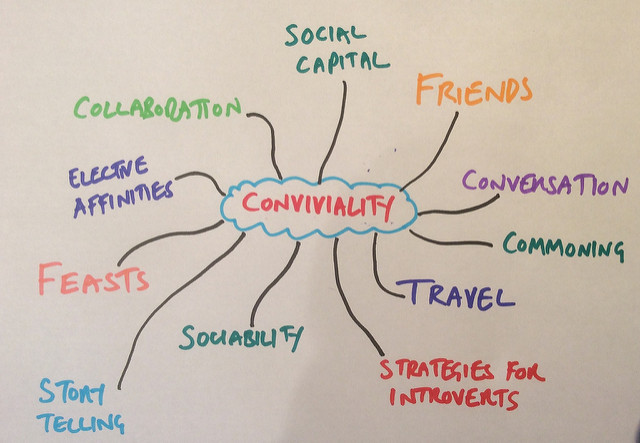The industrial mode of food production is known to greatly contribute to global warming through such means as the large-scale land use changes, deforestation and the use of chemical fertilisers. Industrial agriculture promotes monoculture, erodes biodiversity and treats agricultural produce as mere commodities and for speculation. it continues to be single-mindedly supported by vested interests and power brokers and is also used as a tool for political manipulation. This system continues to prevail on the platform of myths such as the one that small-scale agro ecological agriculture cannot feed the world - contrary to studies such as that of International Assessment of Agricultural Science and Technology for Development (IAASTD) and ignorant of the evidence that much of today’s food goes to feed animals and machines rather than the hungry. Growth in food production, in this sense, moves in tandem with the growth in the numbers of persons that go to bed hungry or are malnourished.
Recently, while on a field trip organised by Oilwatch Africa to communities in Togo impacted by mining, we heard tales of displacement of communities, poisoning of their waters and grabbing of their lands. Oilwatch is a network that resists the expansion of the fossil fuels extraction and use. For over a decade, the clarion call of the network has been that fossil fuels must be left underground, untapped, unburned. The call to leave fossils underground goes beyond this being a strategy of curbing global warming, as important and vital as that is. The call is rooted in the urgent need for the world to re-examine the entire concept of energy and to demand an end to energy-intensive wastage and insatiable levels of consumption. It is also a call for the protection of our ecosystems, cultures and, indeed, Mother Earth.
On this field trip, members visited a phosphate mine; saw the wastelands left behind by clawing machines and insatiable humans. We heard of health impacts such as eye problems, breathing and dental diseases as well as reproductive problems.
Instead of having the usual blue sea, the Atlantic coastline here is yellowish-green in colour. When we visited the phosphate factory at Kpeme near Lome, Togo, we saw that wastewater from this factory is channelled directly into the ocean. The discolouration of the ocean water is extensive. It stretches as far as 1.5 kilometres into the sea and spreads across national boundaries into Benin Republic and possibly beyond. Fisher folks say they have to go deeper into the sea to have a good and hopefully safe catch, as the polluted areas have turned barren.
While a phosphate mine manager had regaled our team with tales of how well they take care of community needs, restoring mine pits that go as deep as 36 metres and stretch for kilometres, the stories from the communities told of unmitigated disaster. The most alarming story came from an official at the factory who treated us to a video presentation of how their mining and factory operations work and then offered to take questions. He, among other things, told us that they discharge liquid waste into the ocean and use the solid waste to coat the roads in the nearby communities. In a telling manner, the drainage channel that brings the toxic effluent into the ocean is a few metres away from the loading point from where the phosphate produced by the factory is exported.
The phosphate company prides itself of being the producer of the best quality phosphate in the world and of the country being the 5th highest producer of the mineral. The phosphate is exported and used largely in the production of chemical fertilisers - the use of which contributes to global warming which manifests in many ways including through coastal erosion as seen just a short distance from the factory.
The company official was asked whether the company was concerned about the health impacts on the communities and what were they are doing to halt such impacts. His answer was short and chilling: you cannot make an omelette unless you break the egg. For this establishment polluting the environment is a necessity! The company was wilfully poisoning the waters and lands in pursuit of government revenues. Perhaps to soften the edge of his brutal response he went on to say that the problems will be solved and hopefully within the lifespan of the present generation. Ghastly.
The coating of community roads with industrial waste is not peculiar to Togo. This has been practised in other places including the oil field communities in the Ecuador.
The field trip by Oilwatch Africa members was preceded by a conference that looked at issues of Climate Justice and Food Sovereignty in Africa. At the end of the conference participants issued a declaration after considering the implications of the world’s stubborn dependence on fossil fuels on climate, food sovereignty, nutrition and well-being in Africa.
Particular concern was placed on the environmental and socio-economic impacts of oil, gas and coal extraction and how these impact food production and feed into water pollution and deforestation and the growing trend of land grabbing on the continent.
Oilwatch Africa frowned at the trend that corporate interests and international groupings, such as the G7 and international financial institutions, support the polluting of our biodiversity, grabbing our lands, water and seeds, and other subtle means to subvert our economies, recolonize the continent and subjugate our peoples through their policies.
The conference declared that the current and rising levels of consumption of fossil fuels is in denial of the demand not to burn 80% of known fossil fuel reserves without raising global temperatures by 2 degrees Celsius above pre-industrial levels and triggering catastrophic climate change. Fossil fuel dependence dangles the carrot of growth while fuelling corruption, engendering conflicts and distorting the value base of our communities.
In line with the United Nation’s declaration of 2015 as the Year of the Soil, Oilwatch Africa noted that the soil supports life and culture and that extractive activities are inimical to keeping our soils healthy and alive. It reiterated the call to leave fossil fuels underground and work to build a better life above the ground fully understanding that we live on a finite planet and migrating to Mars or to a meteor out in space may only be an option for the topmost 1% of resource gobblers on Earth.
The concept of power being a measure of how much people consume or pollute is inherently archaic and must be jettisoned. At a recent launch of the Well-Being Economy Africa network (WE-Africa) it frequently came up that rather than pursuing endless growth or pushing on a catch-up path we need to remind ourselves that we are human beings and not homo economicus. The future path has to be that of well-being and not of competition, wastage, accumulation and consumption. This speaks of solidarity and expresses itself through a culture of giving and sharing and not one of grabbing.
Extractivism or the amputation of Nature, is simply not the way, as we saw so clearly in the phosphate mines communities of Togo.

Buchrezension "Smarte Grüne Welt?" Technologien sind schöne Projektionsflächen. Wie die gute (oder böse) Fee im Märchen verkörpern sie häufig, je nach Sichtweise, entweder die Hoffnung auf eine fast magische Lösung unserer Probleme, oder die Bestätigung unserer Ängste. Eine vorurteilsfreie umfassende Auseinandersetzung mit den gesamtgesellschaftlichen Chancen und Risiken neuer Technologien f...
Degrowth aims at undoing growth. Undoing growth both at the level of social structures and social imaginaries. Although the focus is very often on the latter, i.e. the “decolonization of imaginaries” as put by Serge Latouche, the degrowth perspective still seems to lack a comprehensive understanding of the role of ideology, the path dependencies and the power that shape these imaginations. Degr...

In den letzten Jahren hat der Konvivialismus einige Aufmerksamkeit auf sich gezogen. Dabei ist selbst nach einer oberflächlichen Lektüre schnell klar, dass hier eine Nähe zum Konzept und zu der Bewegung des Degrowth besteht. Doch worin besteht die Nähe, und wo liegen die Differenzen? Im Folgenden möchte ich zunächst kurz rekapitulieren, was auf theoretischer und praktischer Ebene unter Degrowth...